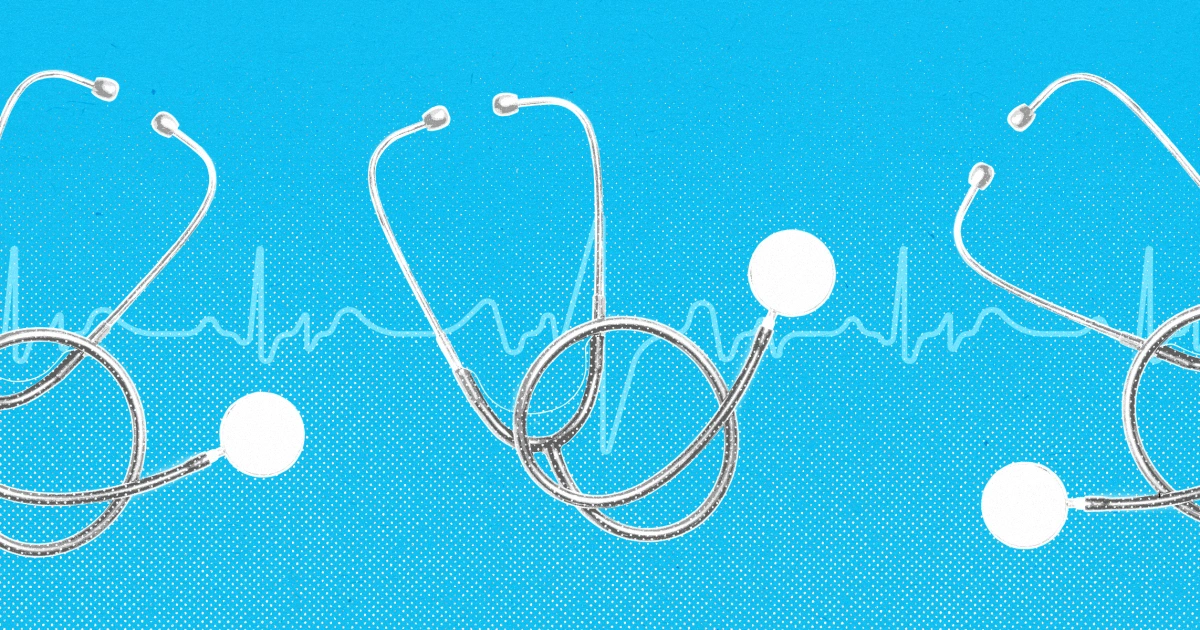Copyright TODAY

Eat your veggies for heart health, cardiologists advise. Eating a healthy diet that includes lots of vegetables may be as good for the heart as taking 4,000 more steps every day, according to a study published in the European Journal of Preventive Cardiology. All vegetables are good for you since they provide vitamins, minerals and fiber, the American Heart Association says. It recommends eating many different types to get a variety of vitamins and minerals. Still, heart doctors have favorites when it comes to the heart-healthiest vegetables. Cardiologist Tip of the Day: Eat Leafy Greens for Heart Health Dr. Andrew Freeman, director of cardiovascular prevention and wellness at National Jewish Health in Denver, likes to have a big salad bowl for lunch filled with a mixture of different greens. “I do try to get in as many green leafy vegetables as I possibly can,” Freeman says. “That can be spinach, arugula, kale or broccoli.” Other leafy greens include romaine lettuce, Swiss chard, collard greens, mustard greens, beet greens, turnip greens, endive, cabbage and watercress. Why It Matters Studies show green leafy vegetables “are among the foods most protective against coronary heart disease and ischemic stroke risk,” researchers write. The National Heart, Lung and Blood Institute lists vegetables such as leafy greens as a key part of a heart-healthy eating plan. They’re also part of the Mediterranean diet. Eating one cup of green leafy vegetables per day may lower the risk of heart disease, according to a study published in the European Journal of Epidemiology. That’s because they’re a major dietary source of nitrate, a compound in vegetables that lowers blood pressure and improves endothelial function, or blood flow, the authors noted. Green leafy vegetables are low in calories, but high in folate and antioxidants, which protect the heart, the U.S. Department of Agriculture explains. Registered dietitian Samantha Cassetty named spinach and other leafy greens among the healthiest vegetables for their ability to help shield the body against chronic conditions such as heart disease. How to Get Started Adults should eat 2 to 4 cups of vegetables daily, according to MyPlate, the government’s nutrition guide. Aim to make at least one cup of that recommended amount leafy greens, whether in a salad, wrap, omelet or stir fry. “I find spinach one of the easiest foods to slip into meals. Frozen and baby spinach are hardly noticeable in fruit smoothies, soups, pasta and egg dishes,” Cassetty noted. Download the Start TODAY app to get recipes incorporating leafy greens and other healthy ingredients.



